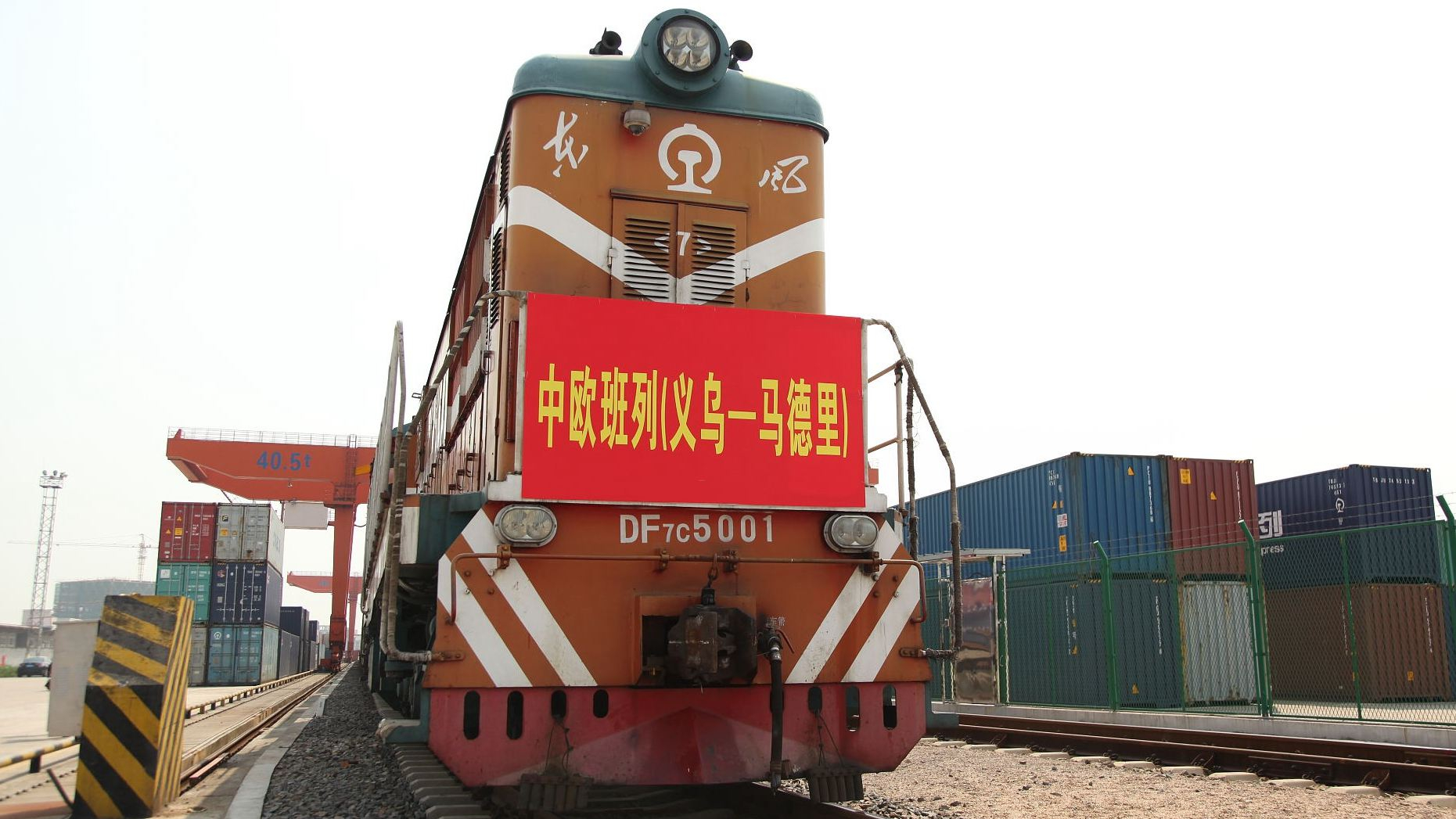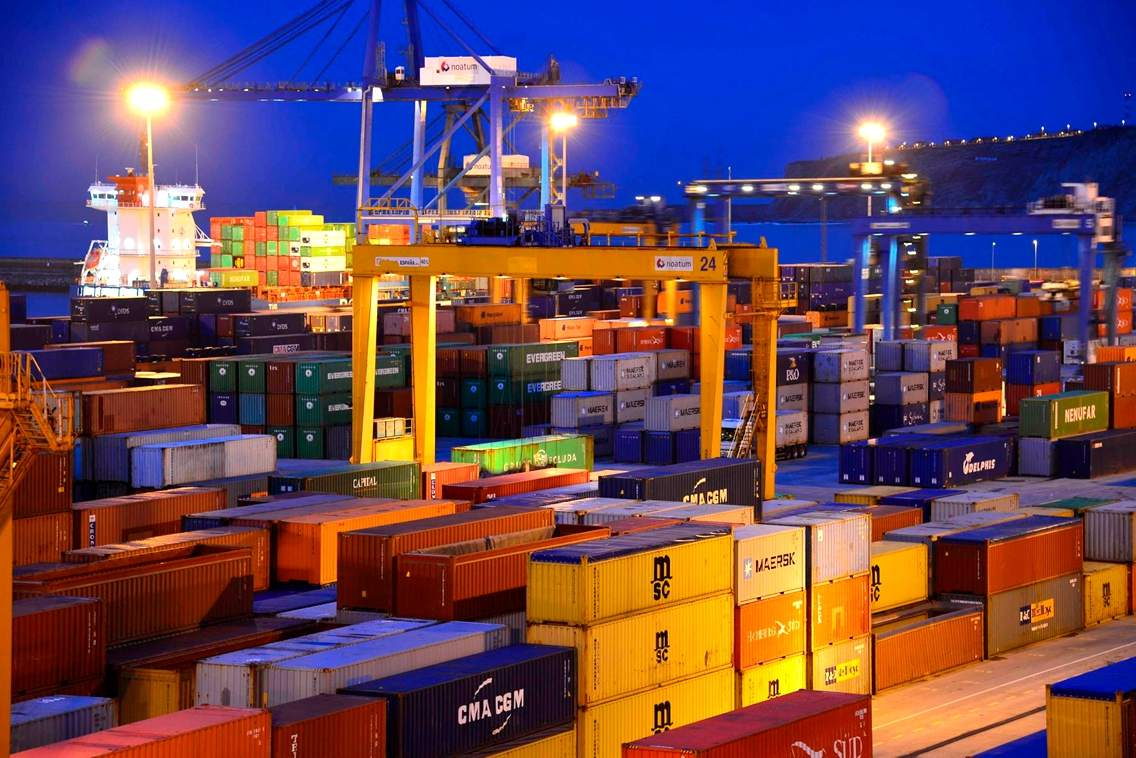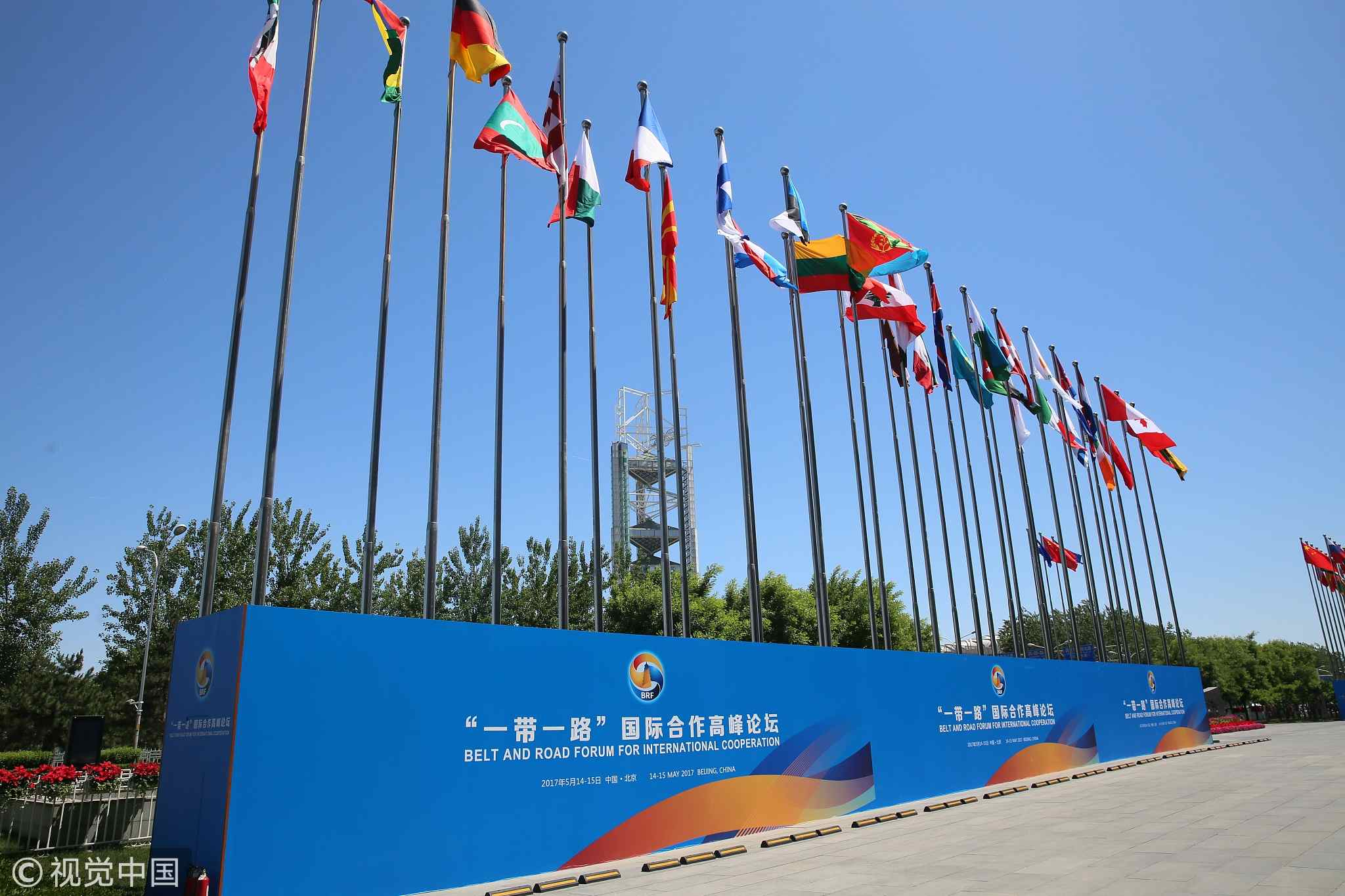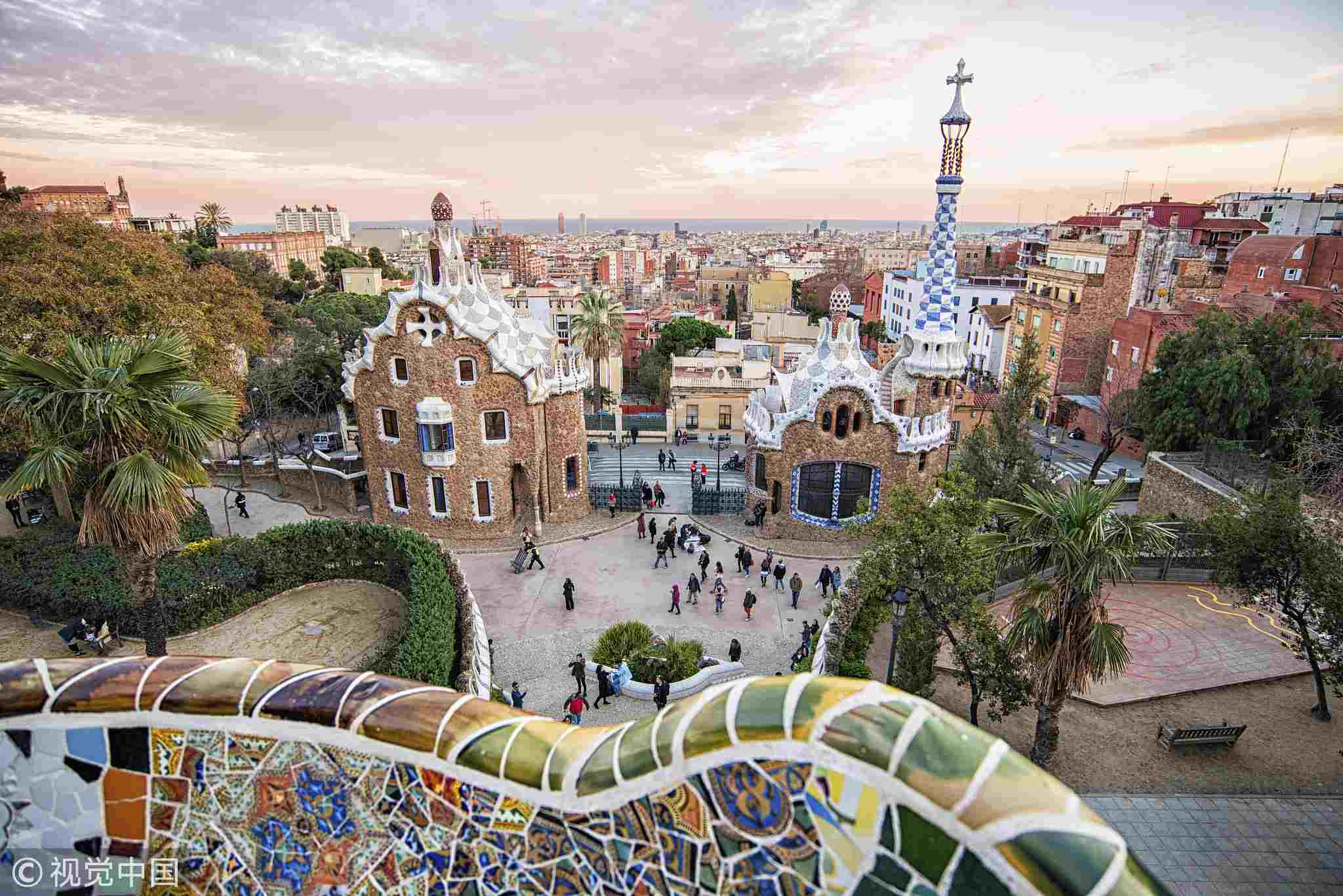
Opinions
15:28, 27-Nov-2018
Opinion: What do achievements of Sino-Spanish trade ties mean?
Updated
15:29, 30-Nov-2018
By Guan Zhaoyu

Editor's note: Guan Zhaoyu is an associate research fellow at the Chongyang Institute for Financial Studies of Renmin University of China (RDCY). The article reflects the authors' opinion, and not necessarily the views of CGTN.
This year marks the 45th anniversary of the establishment of diplomatic relations between China and Spain.
In the past 45 years, the two countries have worked together to promote practical cooperation in politics, economy, culture and people-to-people exchanges.
Especially over the past five years, bilateral cooperation has borne fruit under the Belt and Road Initiative (BRI).
In May 2017, then Spanish Prime Minister Mariano Rajoy attended the Belt and Road Forum for International Cooperation in Beijing. A few weeks later, in June, Spanish King Felipe VI held talks with Chinese President Xi Jinping in Astana, capital of Kazakhstan.

A view of Noatum Container Terminal Bilbao in Bilbao Port, Spain. /CGTN Photo
A view of Noatum Container Terminal Bilbao in Bilbao Port, Spain. /CGTN Photo
He affirmed that BRI had positive spillover effects on international economic development, and reaffirmed Spain's commitment to co-building it.
Among European countries participating in BRI, Spain is a key trading partner of China.
Last year saw the fastest growth of Spain's exports to China since 2010 and the third fastest since 1995.
Spain's net exports of goods to China only accounted for 0.2 percent of its GDP in 2008, but increased nearly by 13-fold by 2016.
According to data from Chinese customs authorities, Spanish imports to the country were valued at 7.796 billion U.S. dollars in 2017, and increased by 30.25 percent year-on-year while imports from the U.S., Japan, South Korea and Germany saw an increase of less than 15 percent and that for France and Italy was just 20 percent.

The first Belt and Road Forum for International Cooperation was held in Beijing from on May 14-15, 2017. /VCG Photo
The first Belt and Road Forum for International Cooperation was held in Beijing from on May 14-15, 2017. /VCG Photo
China has become the largest trading partner of Spain outside the EU. In spite of this, Spain's exports to China are still below the EU average, and there is room for further expansion.
According to the Top 250 Global Contractors rankings published by Engineering News Record in 2017, five Spanish companies were in the list of the world's top 50 largest engineering contractors, and construction giant ACS has held the top spot for six years.
However, it is noteworthy that projects undertaken by Spanish companies are mainly in Latin America, North America, Europe and the Middle East, which means there is still plenty of room for growth in Asia and China's "connectivity of infrastructure" can be a good supplement of it.
The infrastructure cooperation committed to overseas market development between the two countries shows the complementarity of their comparative advantages. It is not only becoming the most promising area of cooperation, but has also set an example for further cooperation between China and Europe.
There is no denying that China was faced with misunderstanding and misinterpretation in the course of promoting BRI over the past five years. There were doubts about China's intention.

A view of Barcelona from the Park Guell. /VCG Photo
A view of Barcelona from the Park Guell. /VCG Photo
On one hand, some foreign politicians and scholars simply regard BRI as an extension of Chinese domestic policies, namely a supporting policy to solve domestic problems like excess capacity.
On the other hand, BRI is seen as China's national strategy to change the existing regional and international order and establish dominance regionally and globally.
Some European populists took advantage of the public's fear over the rise of China to draw their attention away from internal problems.
However, these assumptions are far from true. China has repeatedly says that BRI aims to promote regional economic cooperation, strengthen exchanges and mutual learning between different civilizations and promote world peace and development.
Therefore, when building BRI in cooperation with Spain and other European countries, China should make effort to eliminate bias instead of ignoring misunderstandings.
Earlier this month, Chinese President Xi Jinping announced China will hold the 2nd Belt and Road Forum for International Cooperation in Beijing next April.
The institutionalization of this forum means that a platform for dialogue about economic cooperation and mutual understanding is being established. With this opportunity, the cooperation between China and Spain can reach a new high. It is also a great chance to let the world know more what BRI is really about.
(If you want to contribute and have specific expertise, please contact us at opinions@cgtn.com)

SITEMAP
Copyright © 2018 CGTN. Beijing ICP prepared NO.16065310-3
Copyright © 2018 CGTN. Beijing ICP prepared NO.16065310-3